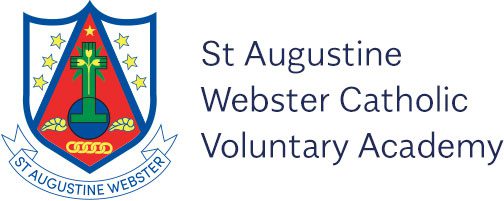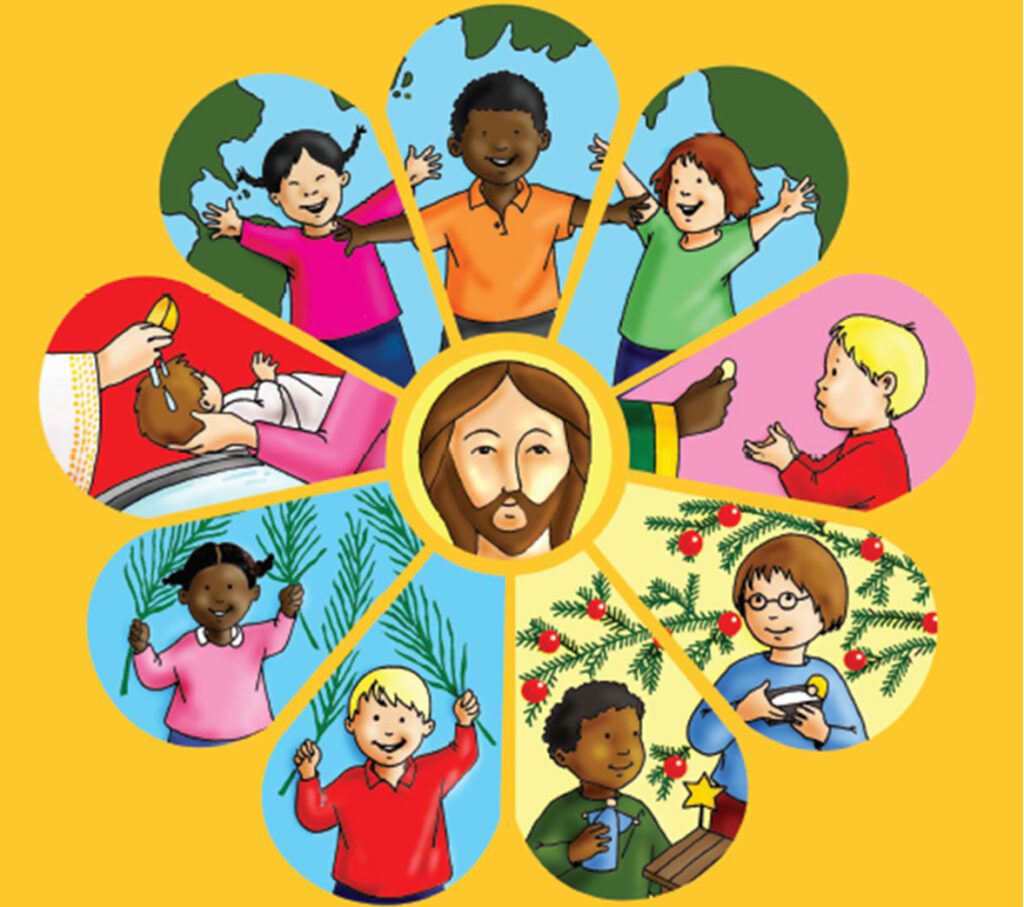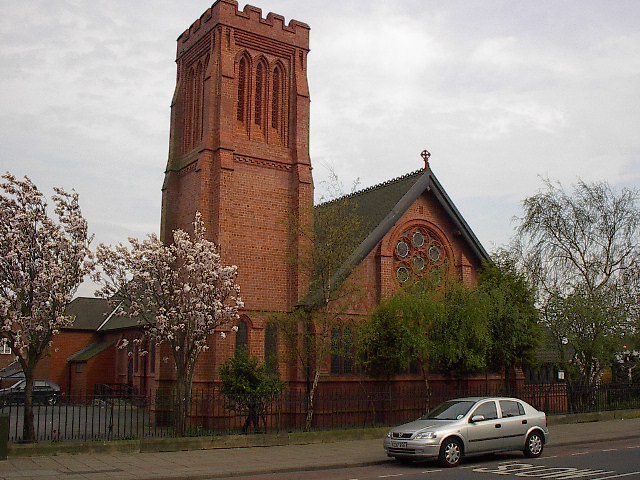RE subject lead: Mrs. K Matthews
Intent
At Saint Augustine Webster CVAr we provide a Christian environment rich in experience that enables children to grow and develop intellectually, emotionally, morally, socially and physically in order to become autonomous, useful and caring members of our society. We strive to instil in children the desire to learn and to equip them with the necessary skills to do so.
Saint Augustine Webster CVA’s Mission Statement explains how our academy exists to provide a broad and balanced curriculum in a Catholic atmosphere where we focus on Jesus Christ as the Way, the Truth and the Life. It is the duty of the staff to guide the personal, moral and spiritual growth of the children, assuming a responsibility towards the children’s eternal life and destiny. To this end, the Religious Education Programme of Study is presented as an integral part of daily living and opportunities will be offered daily to guide and review the events of life and the experience of learning in the context of Christian belief.
The formal Religious Education Programme of Study reflects the faith through the teachings and traditions of the Church of Christ, complementing the catechesis which takes place in the home and parish. The materials which lead this work come from Come and See, a religious education programme for Primary Schools, published with the authority of the Department for Catholic Education and Formation.
Religious Education presents pupils with the same academic demands and challenges as any other curriculum area. The immediate aim of Religious Education is to promote knowledge and understanding of the Catholic faith, its relevance to the ultimate questions of life, and the skills required to engage in religious thinking. In teaching R.E. our point of reference is the “Catechism of the Catholic Church”. This provides us with a clear framework for the essential doctrines which should be either communicated or prepared for in the work of Religious Education.
Religious Education is presented to children of a wide range of commitment. It will be received in different ways and lead to different outcomes for different children.
Our Religious Education Programme of Study seeks to:
- lead the children and adults to a deeper knowledge and understanding of the Catholic Faith and traditions, recognising its importance in our daily life
- enable each child to develop his/her full potential in all areas of life, in an environment where he/she knows they are loved and he/she can love others
- help the children to recognise and appreciate the spiritual and religious dimensions of life
- enable children to search, question and examine their own personal life in the light of what they have learnt
- recognise and respect members of other religions and cultures especially those of children in the academy
- place Religious Education at the core of the whole curriculum and make it central to the children’s lives
- celebrate our faith in a variety of Eucharistic and non-Eucharistic liturgies
- grow as a community inspired through prayer
- enable a flexible teaching approach in R.E. which allows the children to recognise it as a central part of their life
- ensure that each child and member of staff will be respected as an individual and their needs recognised including those children with special needs
- provide opportunities for assessment and evaluation to take place
- implement all relevant aspects of the Come and See Religious Education scheme as approved by the Diocese







